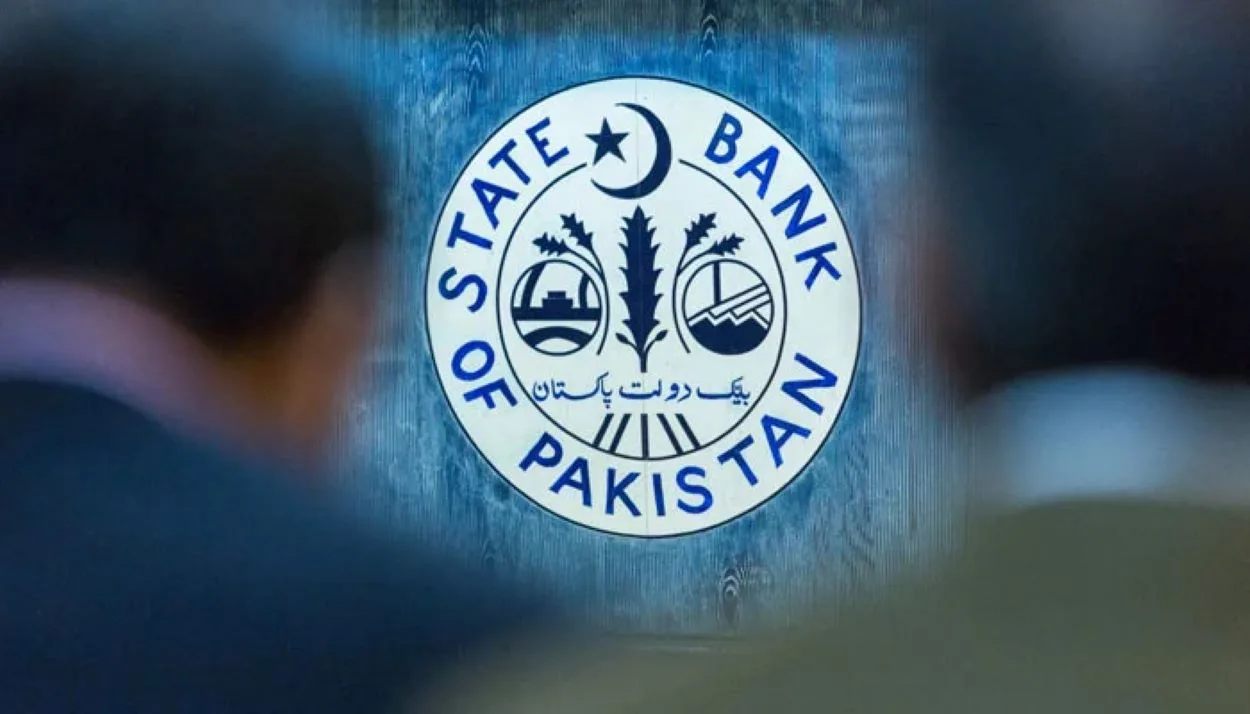On June 16, 2025, the State Bank of Pakistan (SBP) announced its decision to maintain the policy rate at 11%, citing inflation risks driven by rising global commodity prices amid escalating Iran-Israel tensions. The move follows a 1,000 basis-point (bps) cut from 22% since June 2024, as reported by SBP.
The Monetary Policy Committee (MPC) noted that May 2025’s inflation rate of 3.5% year-on-year aligned with expectations, while core inflation slightly declined. However, Israel’s strikes on Iran on June 13 triggered a sharp oil price surge, raising concerns about imported inflation. The SBP emphasised caution, stating, “The MPC decided to keep the policy rate unchanged at 11%” to mitigate potential economic pressures from a prolonged conflict.
Initial brokerage forecasts anticipated a rate cut, but fears of a broader Middle East conflict prompted revisions. A Reuters snap poll showed that 11 of 14 analysts expected the rate to remain at 11%, with two predicting a 100-bps cut and one a 50-bps cut. The headline inflation, which hit a record low of 0.3% YoY in 2024, had dropped from 40% in May 2023, per Reuters.
Read: State Bank of Pakistan Cuts Interest Rate to 11%
The Iran-Israel conflict has spiked crude oil prices, a critical concern for Pakistan, which relies heavily on imports. A prolonged conflict could tighten global supplies, exacerbating inflation and straining the economy. Social media discussions on X reflect public worry, with users noting, “Oil prices are hurting our economy again.” The SBP’s cautious stance aims to stabilise the economy amid these uncertainties.
The SBP’s decision underscores Pakistan’s delicate balance between economic recovery and external shocks. Maintaining the 11% rate reflects a strategic response to global volatility, prioritising inflation control.






